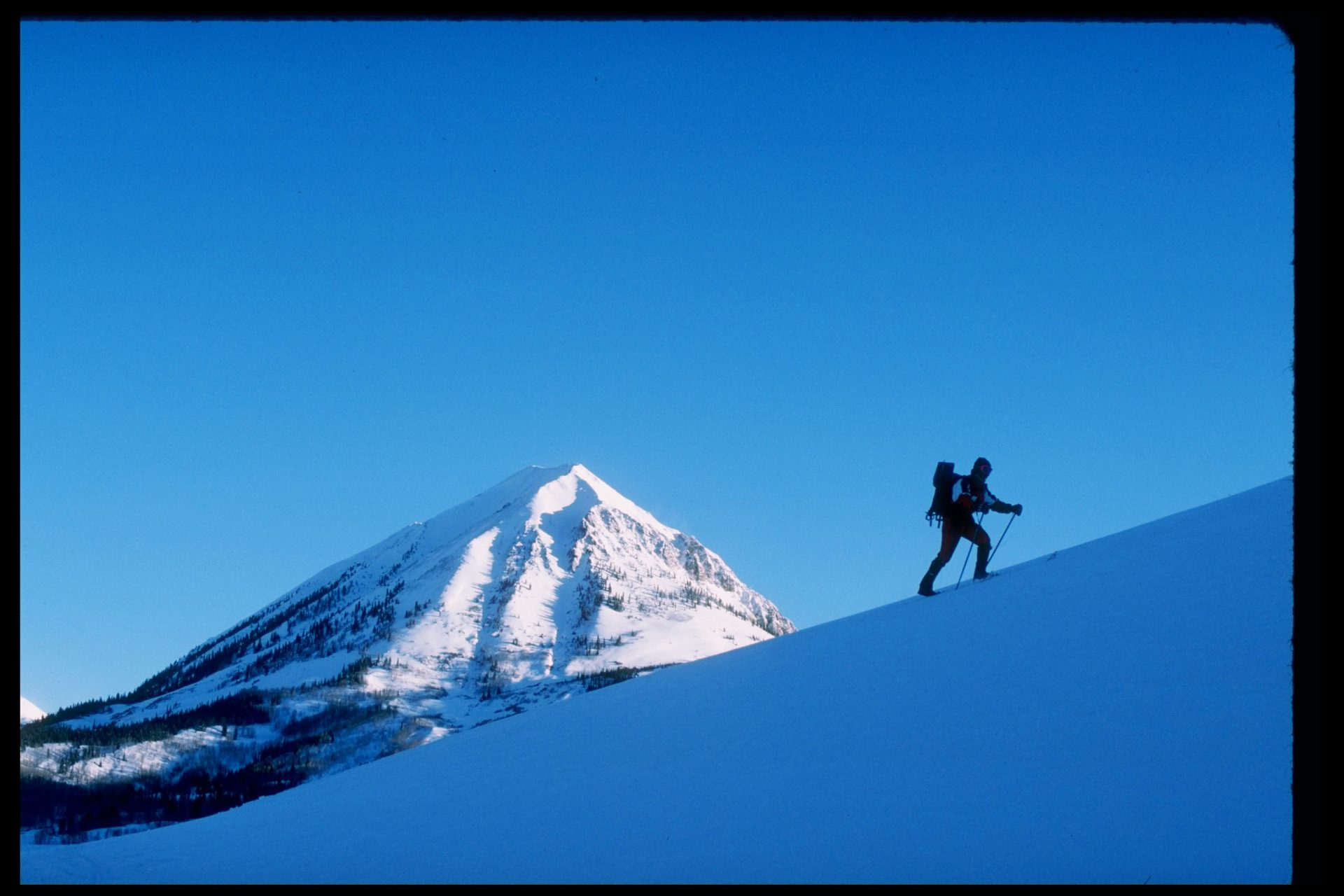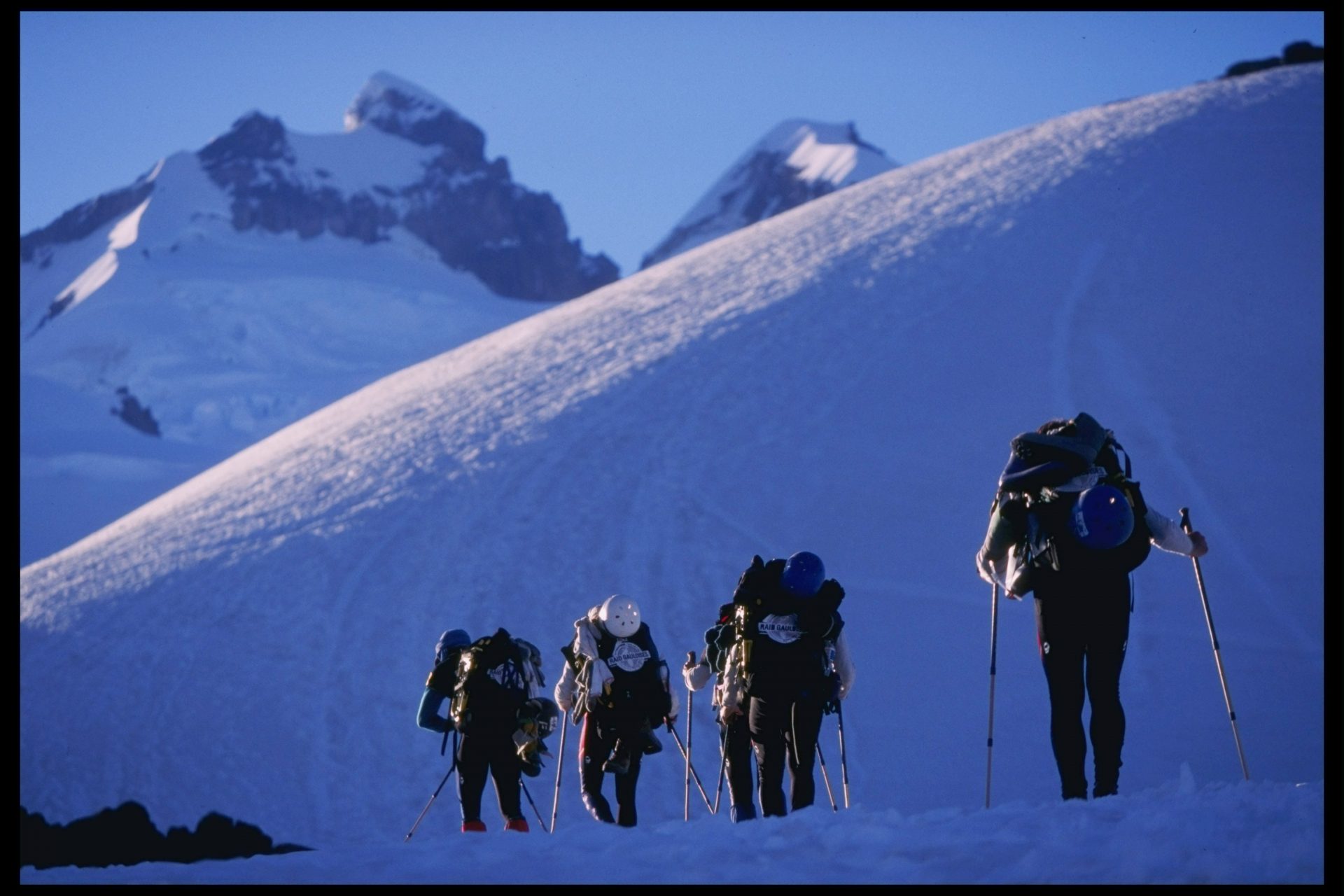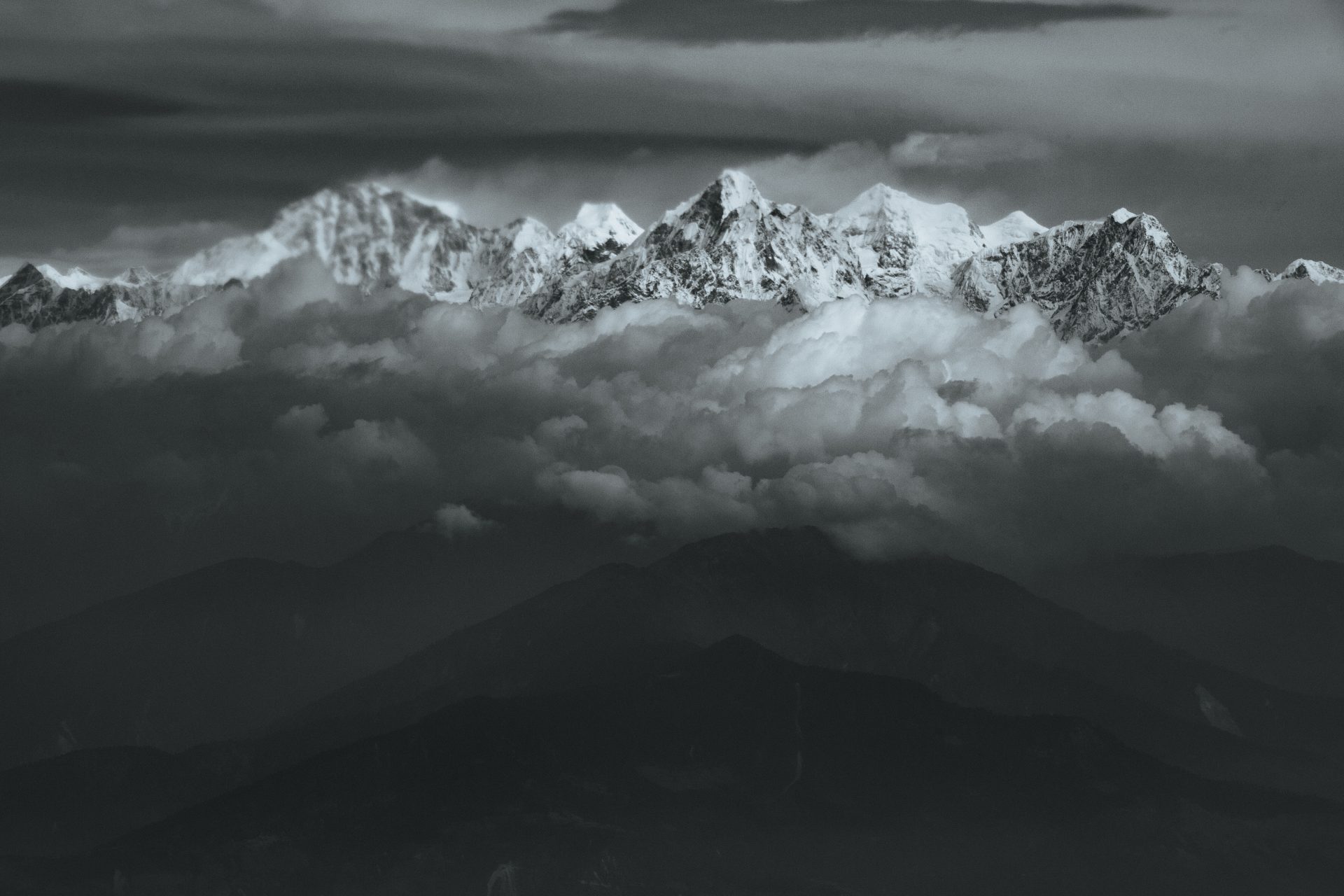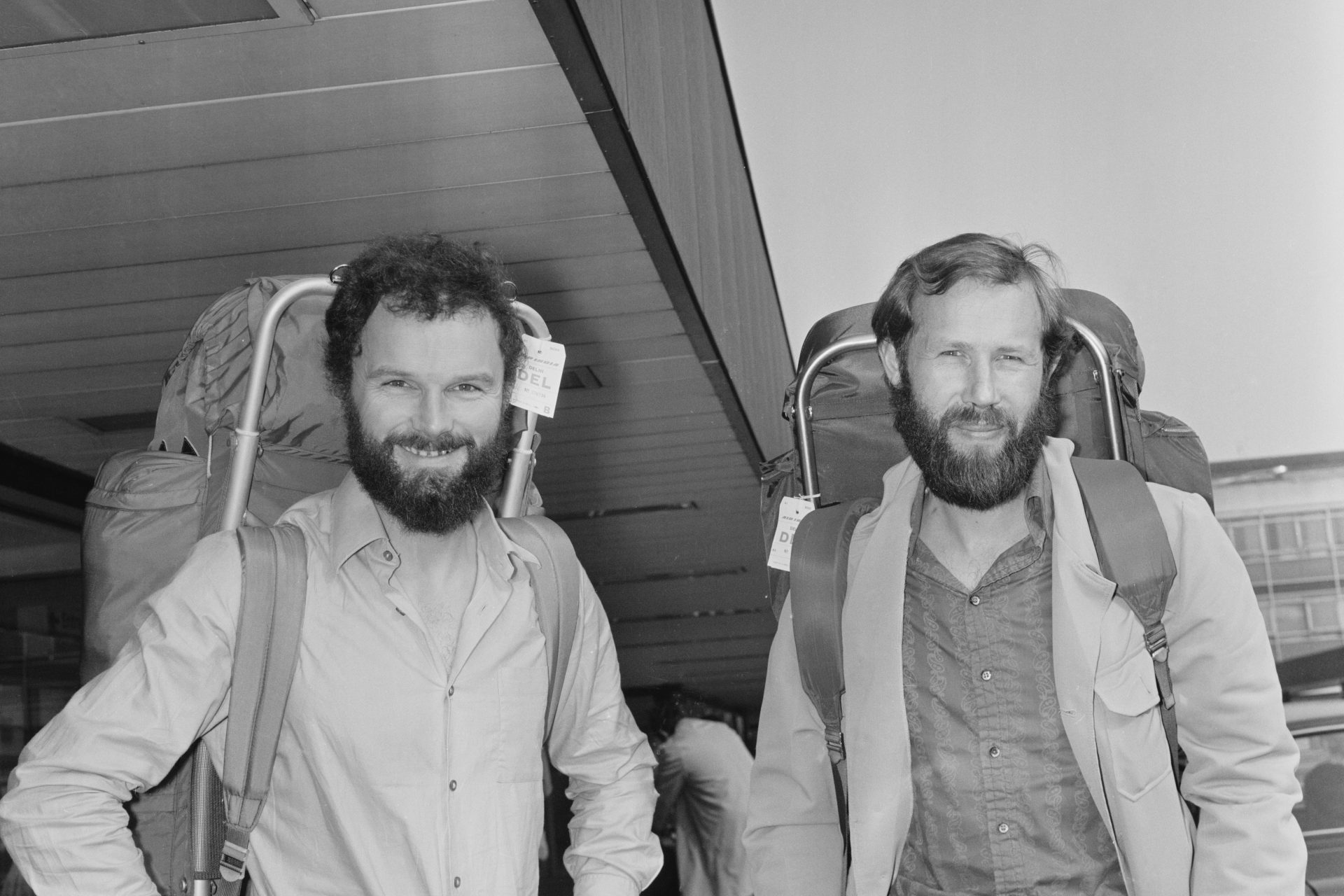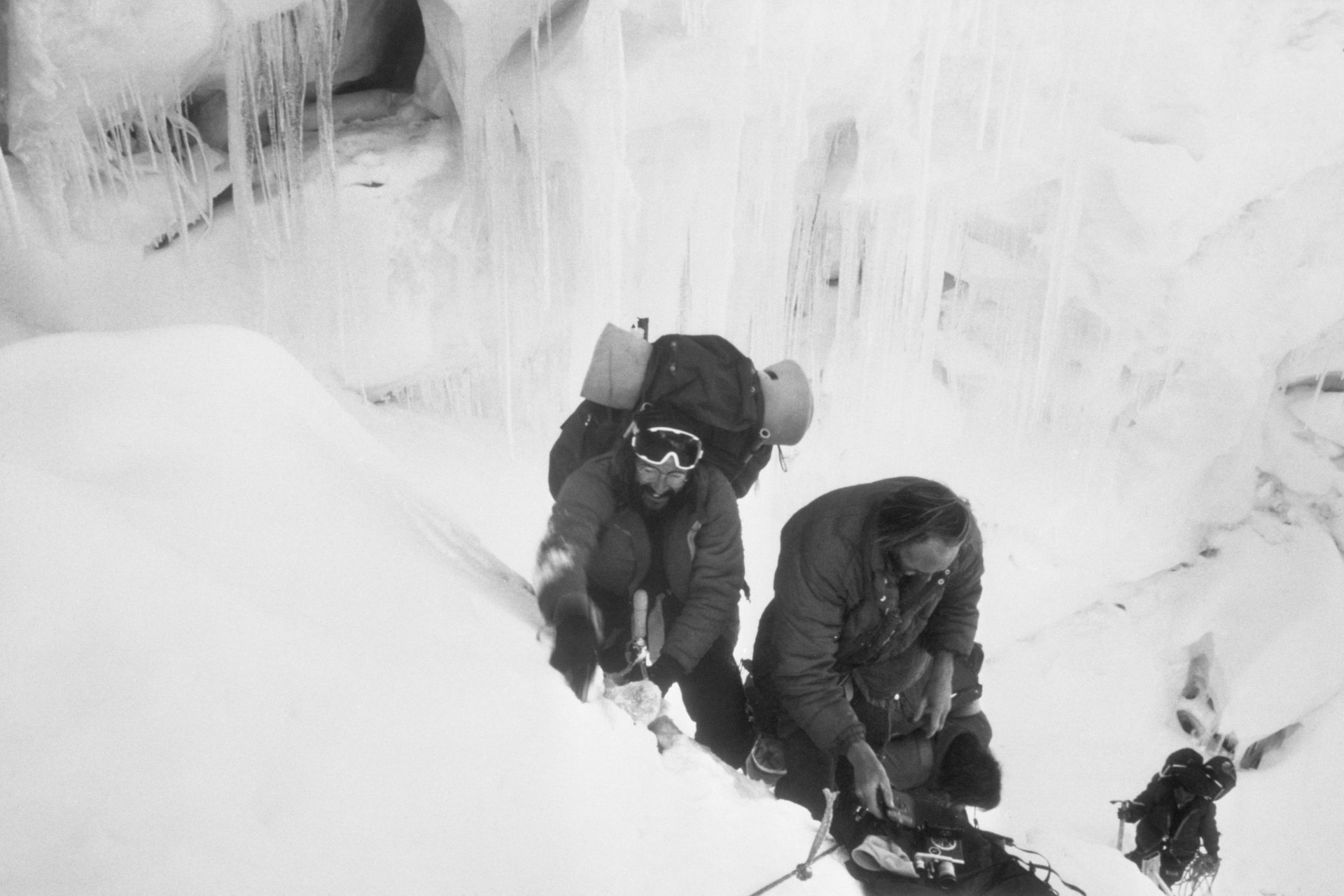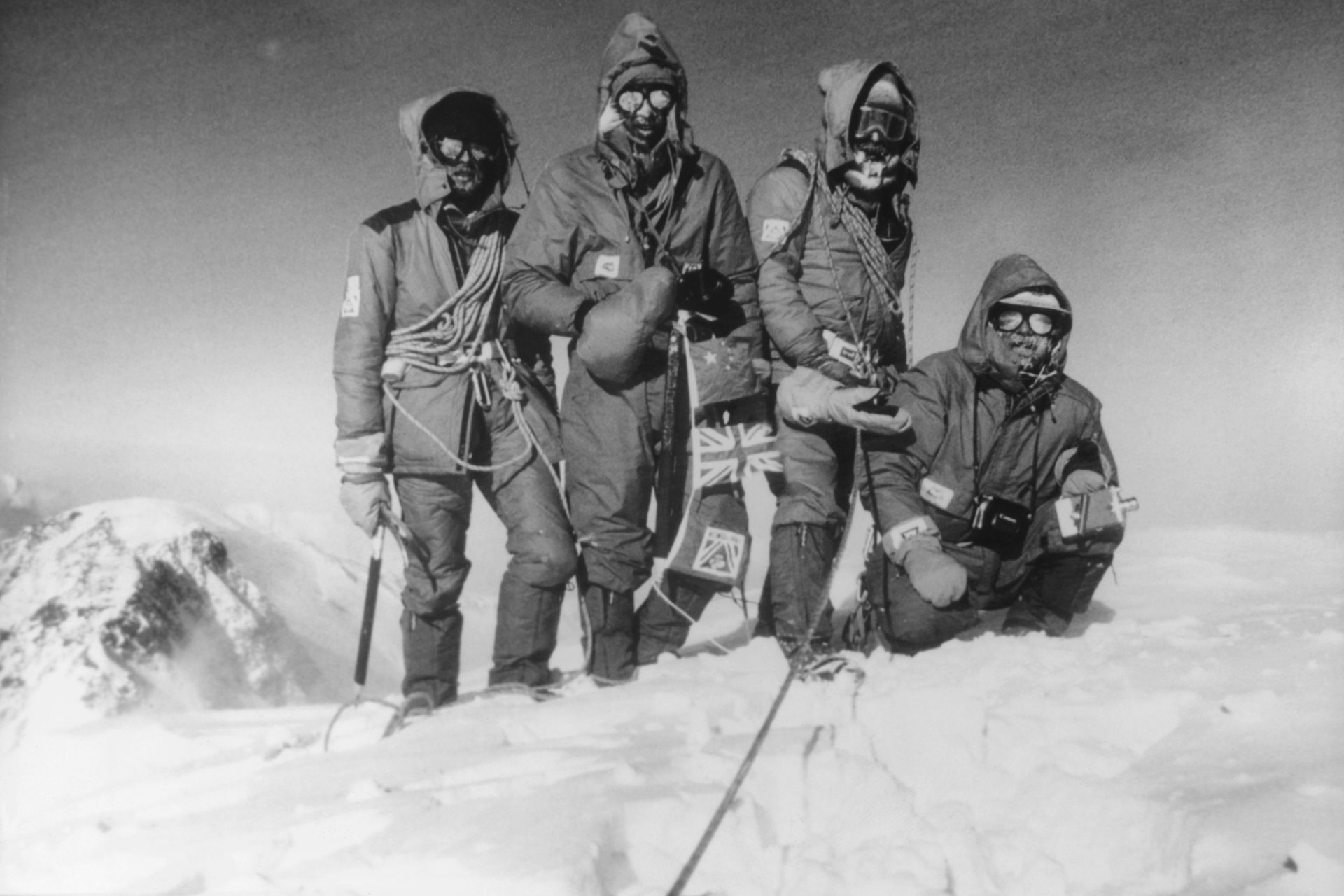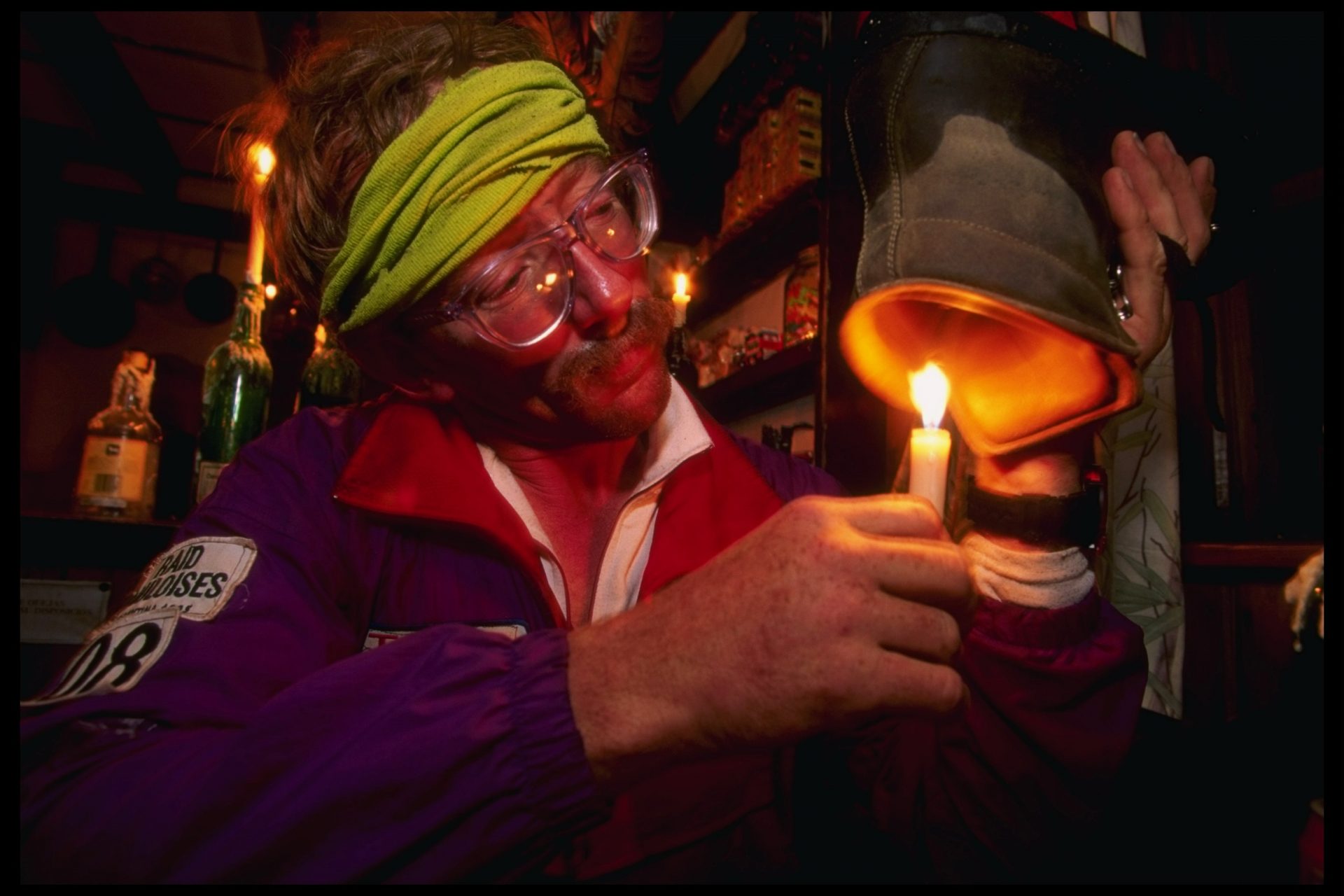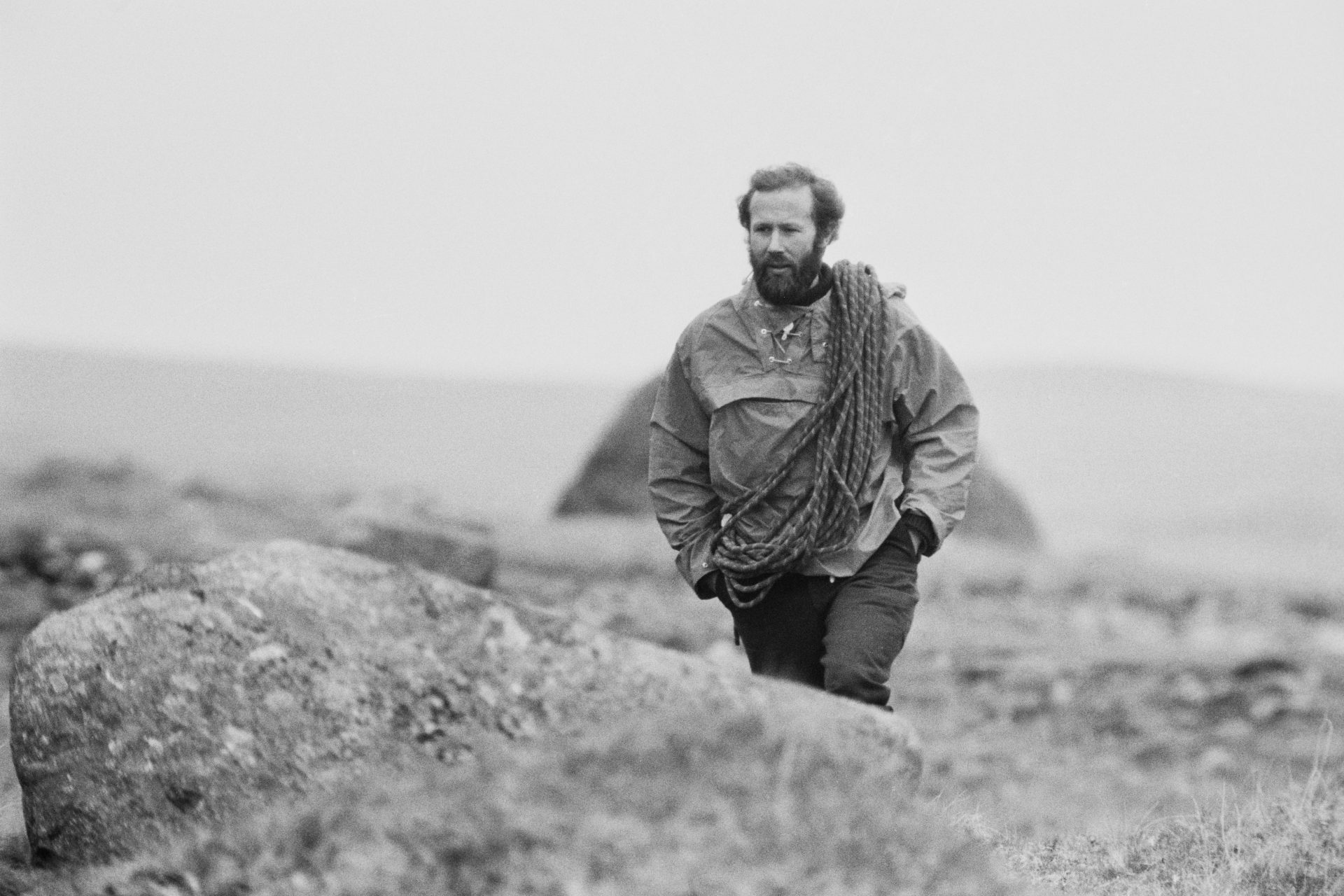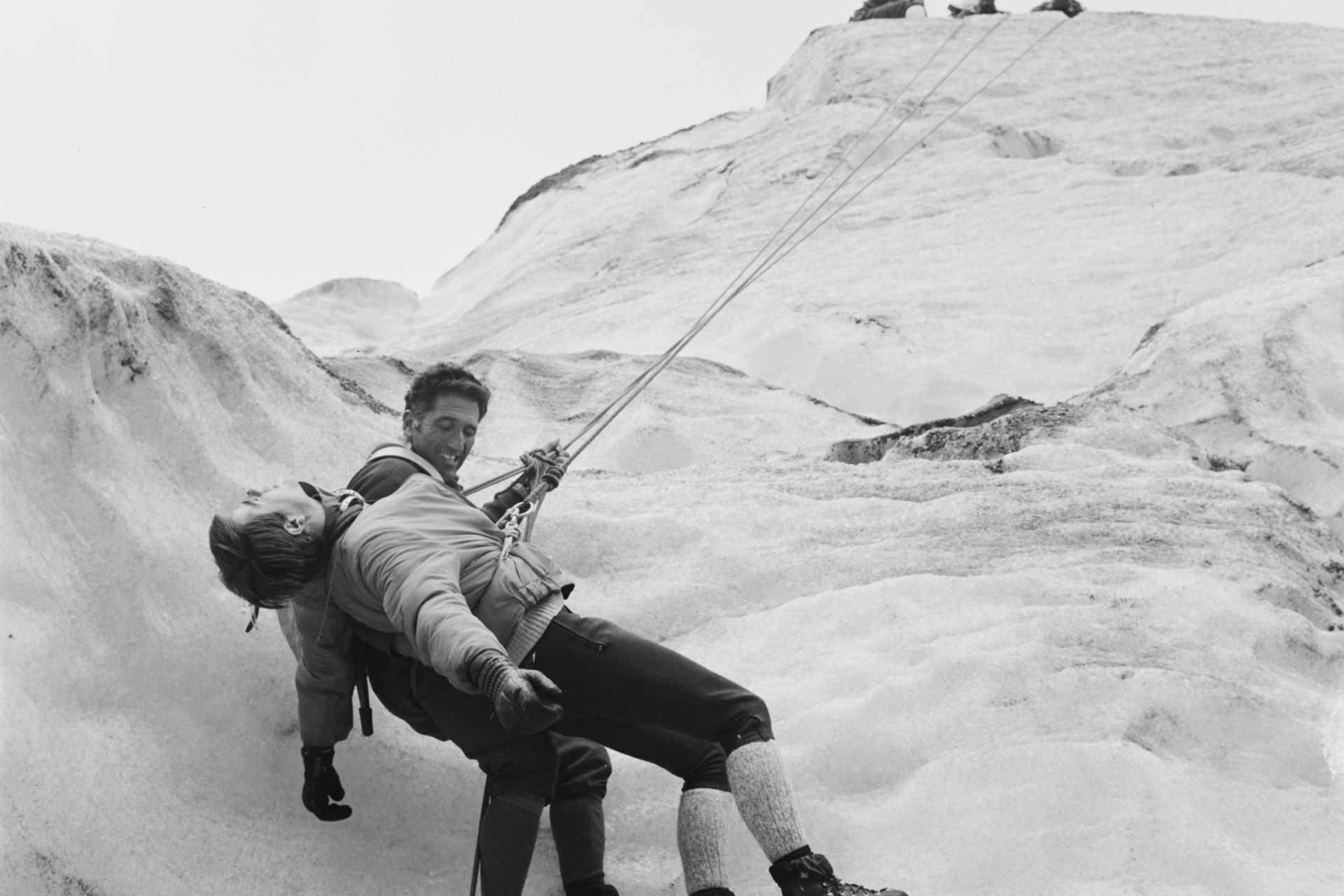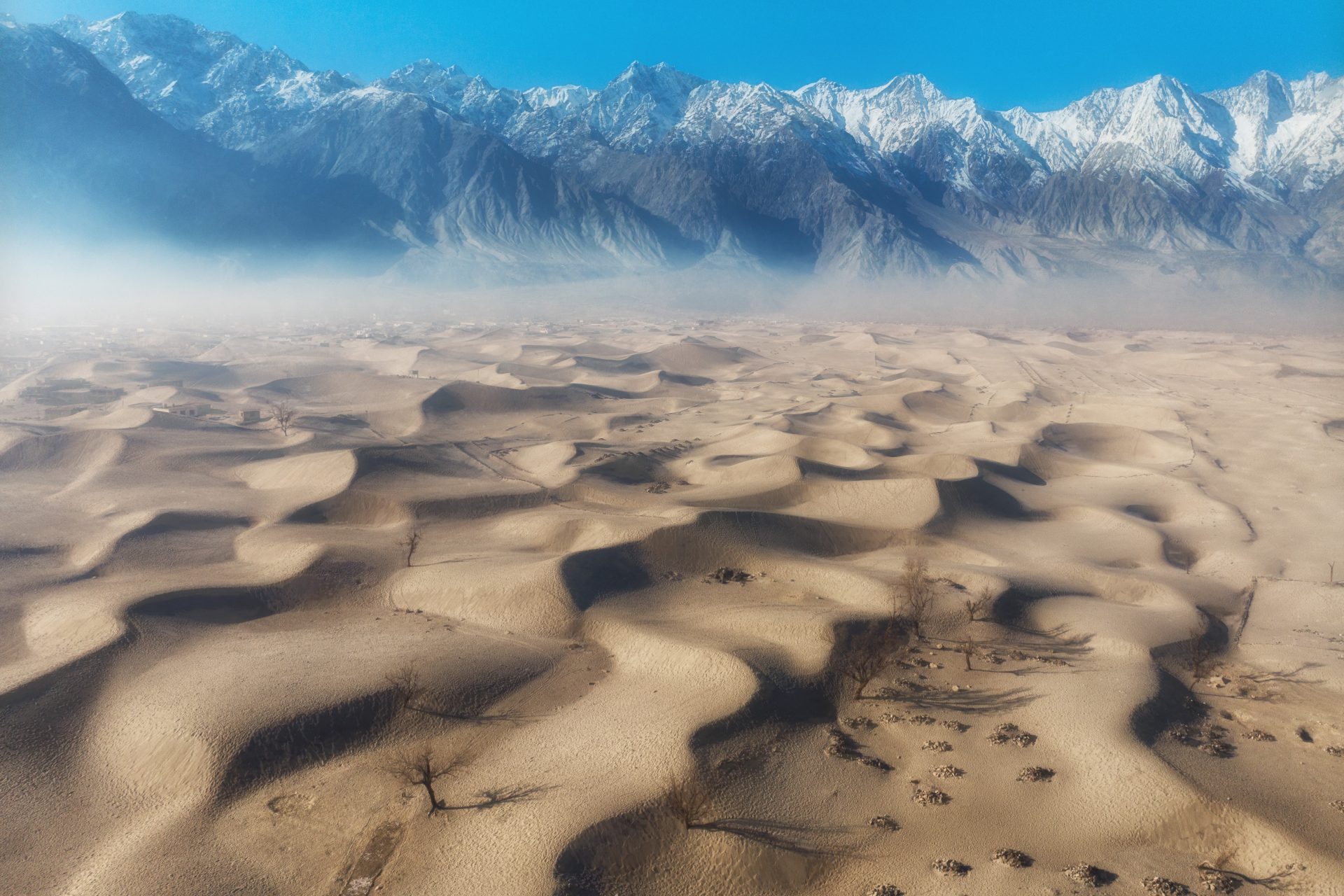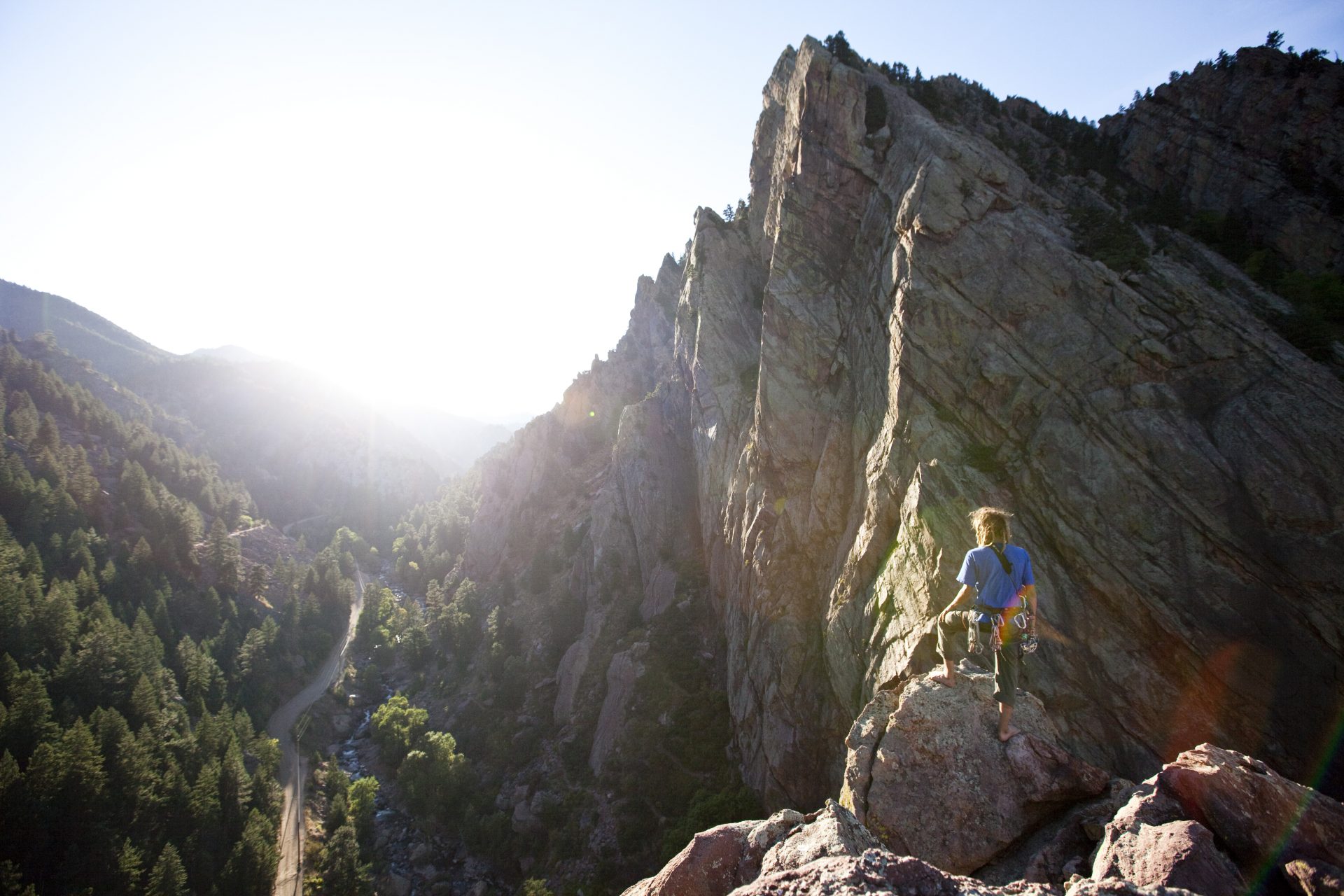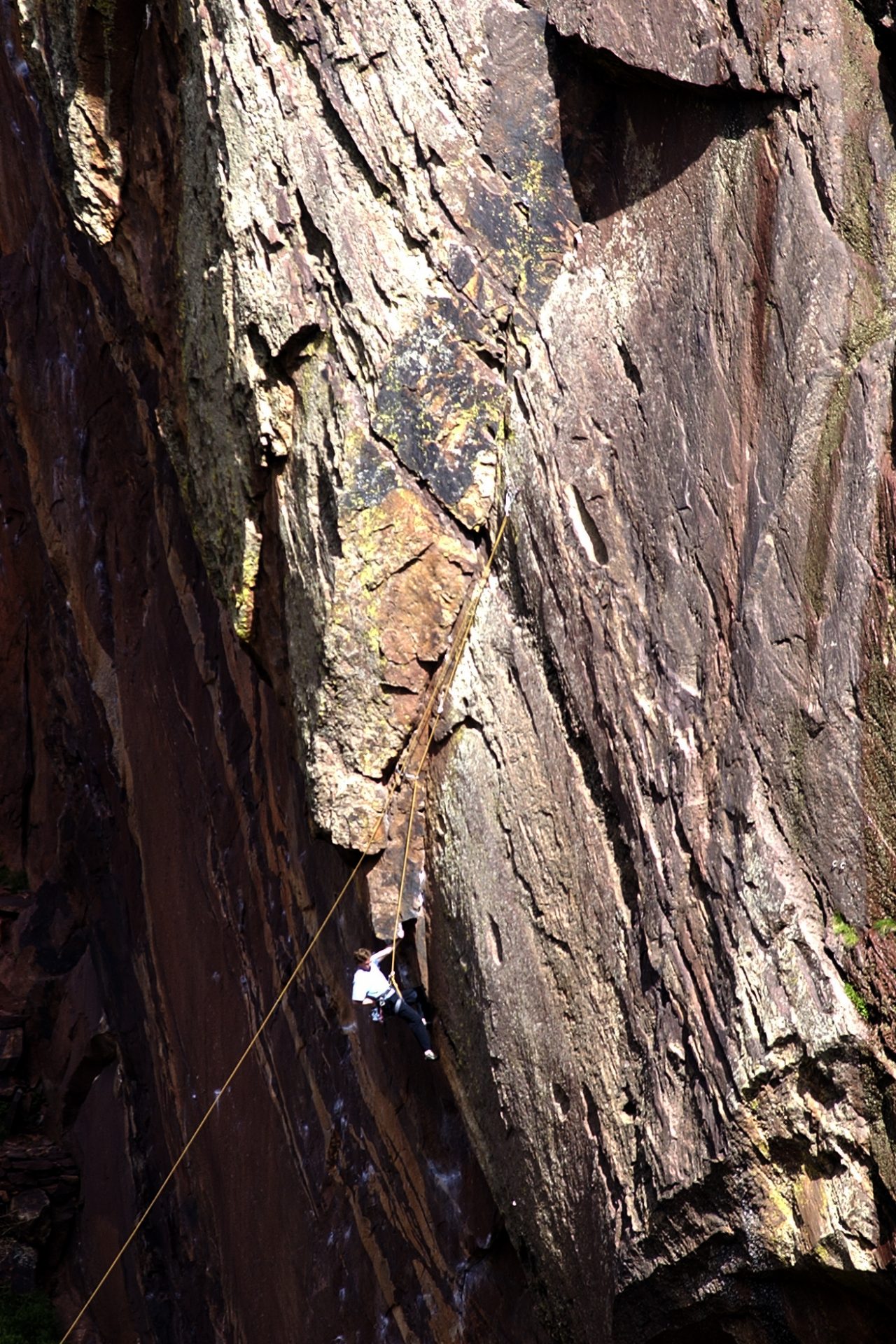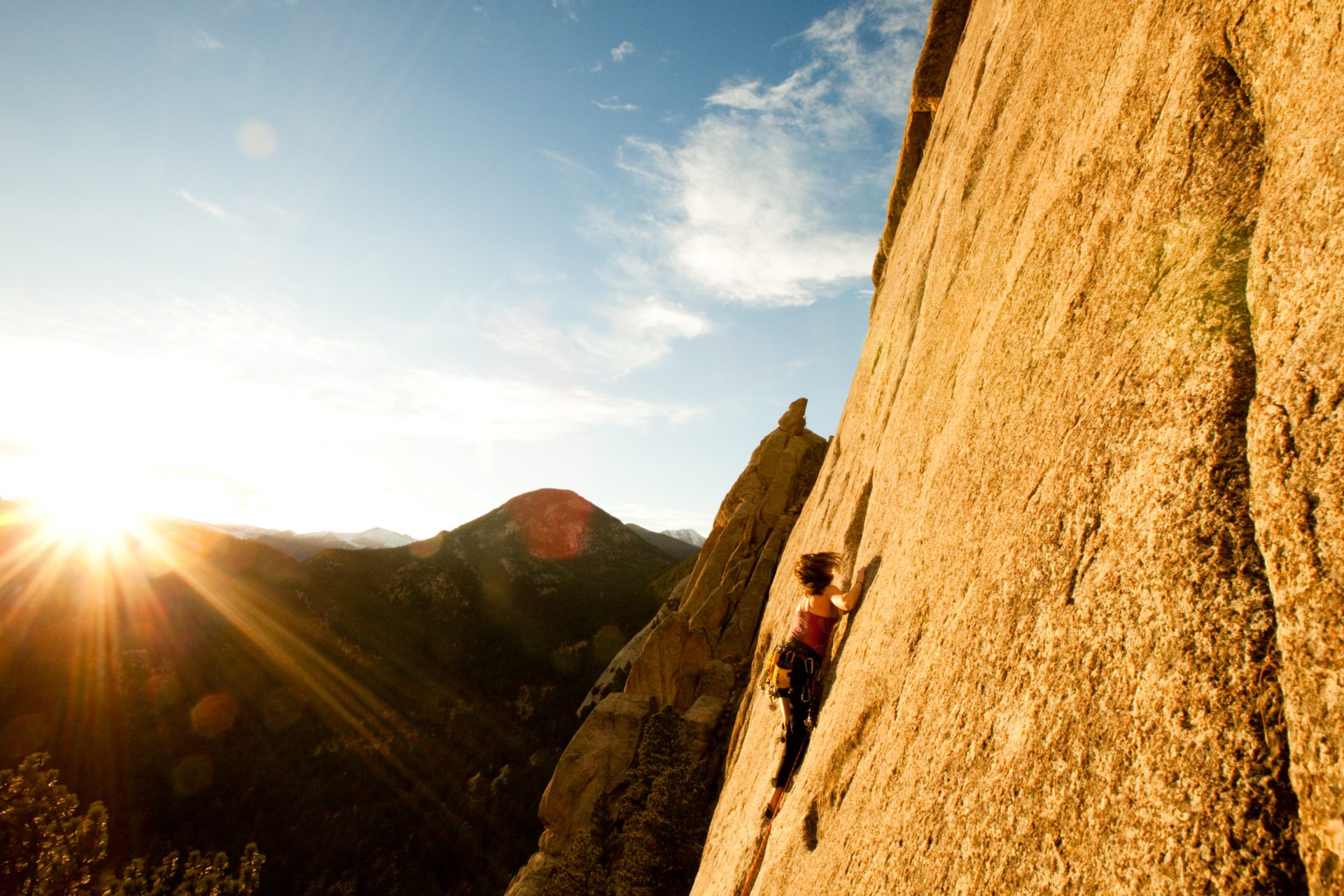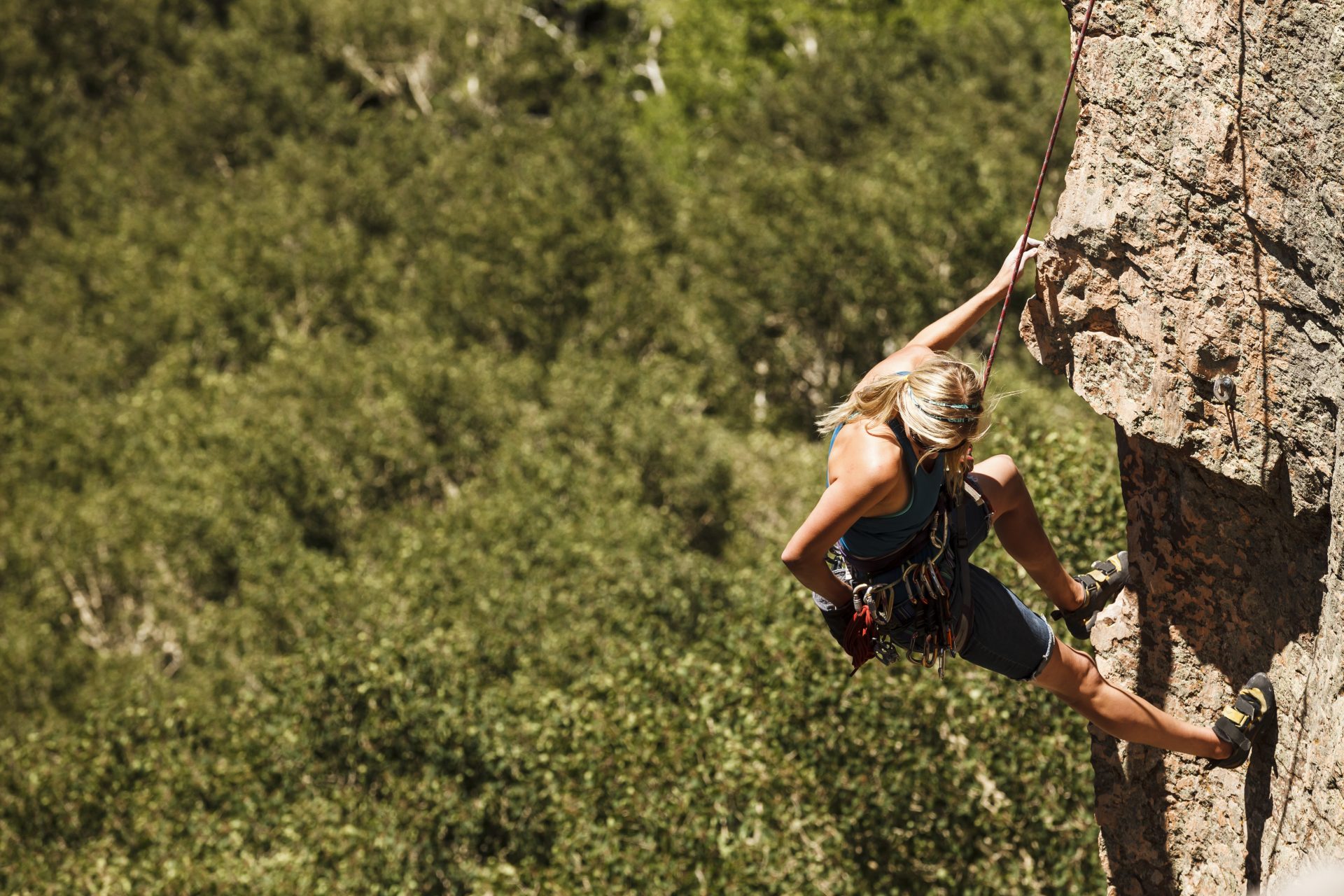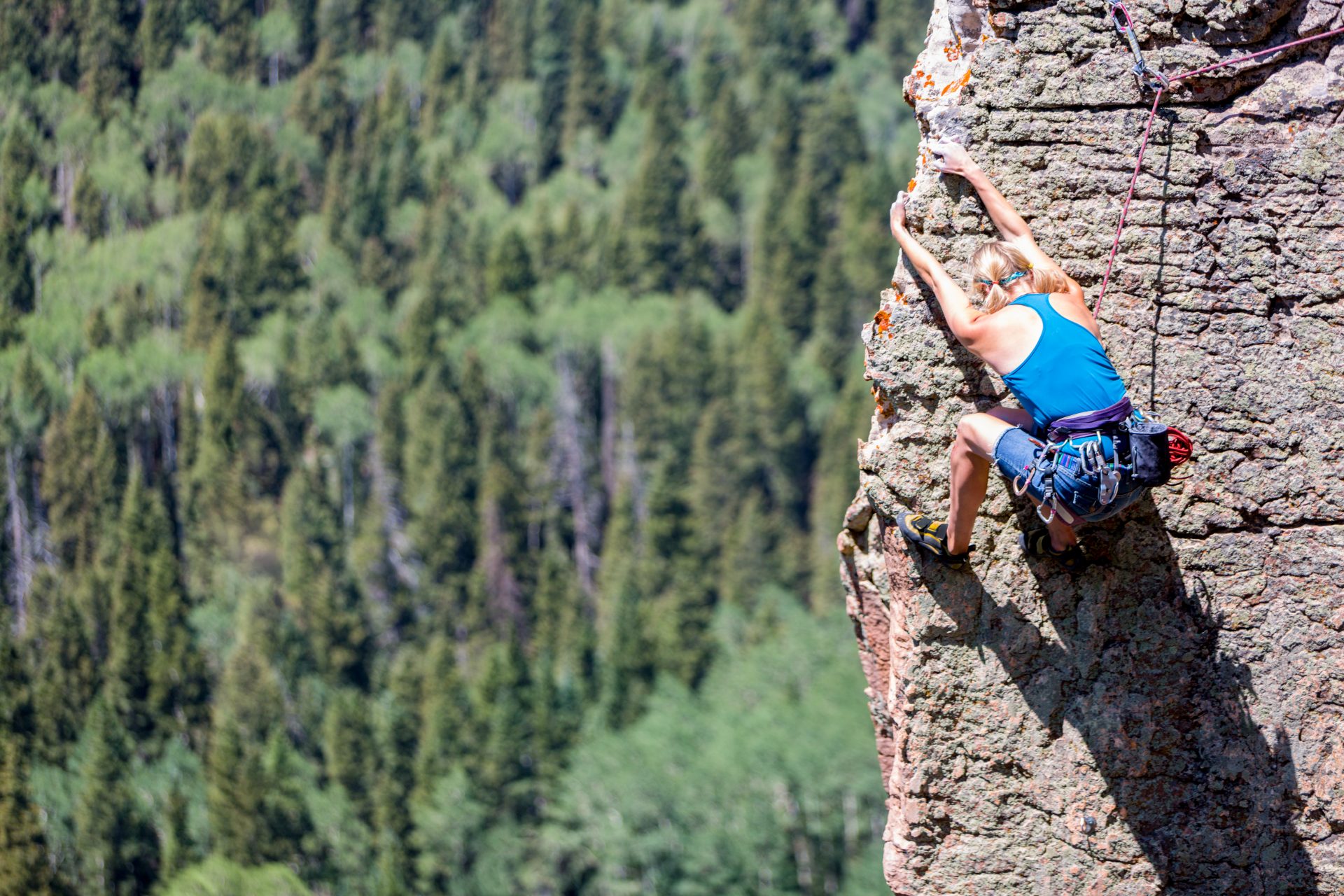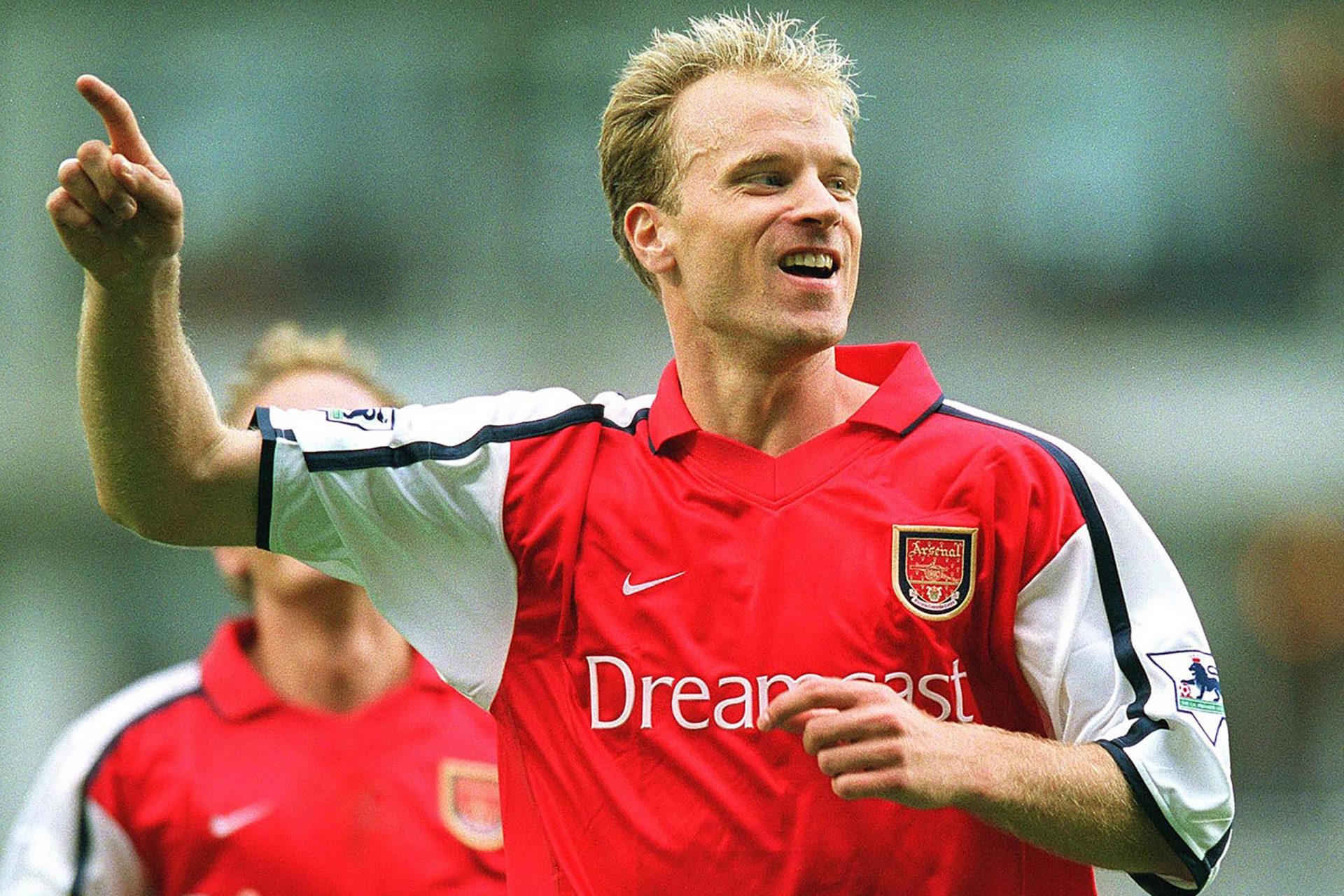Ultimate Survival: A look at some of the most dangerous mountain climbing missions
Mountain climbing is arguably one of the most extreme sports known to man. The thrill of scaling challenging peaks under extreme conditions while overlooking some of the world's most picturesque landscapes is truly mesmerizing. An adventure in the mountains can offer more than just an escape from the humdrum of modern-day life.
Like any other extreme sport, mountain climbing has challenges and risks. It is not an easy sport and requires great fitness and extreme concentration. One slight slip, a loss of grip, or a bad step can cut short a mountaineering trip, or even result in the death of mountaineers.
The sport is less life-threatening thanks to modern safety equipment and improved climbing techniques. When looking at climbing expeditions in the 20th century, climbers would endure huge risks and really leave their fate to a flip of a coin. Let's look at a couple of the world's most challenging and life-threatening climbs!
In the heart of Pakistan's Karakoram range, where jagged peaks pierce the sky and icy winds whisper tales of challenge and conquest. Baintha Brakk, known as The Ogre, is not just a geological marvel but the stage for a gripping saga of triumph and tribulation that unfolded in the summer of 1977.
British mountaineers Chris Bonington and Doug Scott, whose ascent of The Ogre marked the pinnacle of their climbing careers, only to be followed life life-threatening descent that would push the boundaries of human endurance.
The ordeal began when Scott slipped on ice during the initial rappel, hurtling violently into a rock wall and breaking both legs above the ankles. Stranded 9,000 feet above base camp with darkness setting in, Bonington and Scott faced a daunting challenge. Without essential supplies at over 23,000 feet, the duo endured a night without food, stoves, or down parkas.
The following morning, part of the climbing team went out in search of the British due, after spending the night in a snow cave below the western summit. Battling a storm that confined them for two nights, they pressed on. The team forced its way to the summit on the third day, with Scott, despite his broken legs, displaying remarkable determination by crawling up ropes with the help of jumars.
To make matters worse, Bonington, navigating a rappel, plunged about 20 feet, breaking two ribs. The group spent several nights above 21,000 feet, enduring extreme conditions with soaked sleeping bags and a scarcity of solid food.
Even as hope seemed distant, the climbers' determination prevailed. After a five-day lockdown at the camp, porters arrived to transport Scott down the glacier on a makeshift litter. A small helicopter, though crash-landing in Skardu, eventually rescued Scott and the passengers, while Bonington endured an additional week in the mountains.
"It was certainly the most harrowing experience...and yet throughout the long drawn-out retreat, there was never a sense of despair," Bonington wrote in his book. The climbers' unwavering will to survive stood as a testament to the human spirit.
The Ogre remained unconquered for 24 years, underscoring the exceptional nature of their achievement, and the indomitable spirit that fueled their remarkable survival story.
In the rugged cliffs of El Dorado Canyon, Colorado, Coral Bowman set off to conquer the Naked Edge. Bowman, one of the state's most formidable female climbers in the late 1970s wanted to become the first all-woman ascent of the challenging five-pitch 5.11 route.
Bowman's climbing partner, Sue Giller ran into some serious issues after the haul rope jammed below Bowman's belay ledge. In a quick decision, Bowman chose to rappel her single lead rope to free the stuck line.
In the midst of the chaos, Bowman overlooked a critical detail in her anchor setup which left her very vulnerable. As she leaned over the wall, disaster struck. The sling pushed open the carabiners and lost control of the rappel rope. This sent Bowman into a 300ft free-fall toward the ground.
Acting with lighting reflexes, she reached out and clutched her 9mm rope with both hands enduring the excruciating rope burns, hardcore stuff! This action slowed her descent and allowed her to regroup. Despite her hands stiffening into near-useless claws, Bowman managed to engineer a short-term solution, where she inserted her haul tope into her carabiner breaker, sliding down to the first pitch.
Once reunited with Giller, Bowman was rushed to the hospital to treat her wounds. Bowman's resilience and determination saved her own life! Coral Bowman's gripping tale serves as a testament to the thin line between triumph and disaster in the unforgiving world of vertical adventure.
More for you
Top Stories



